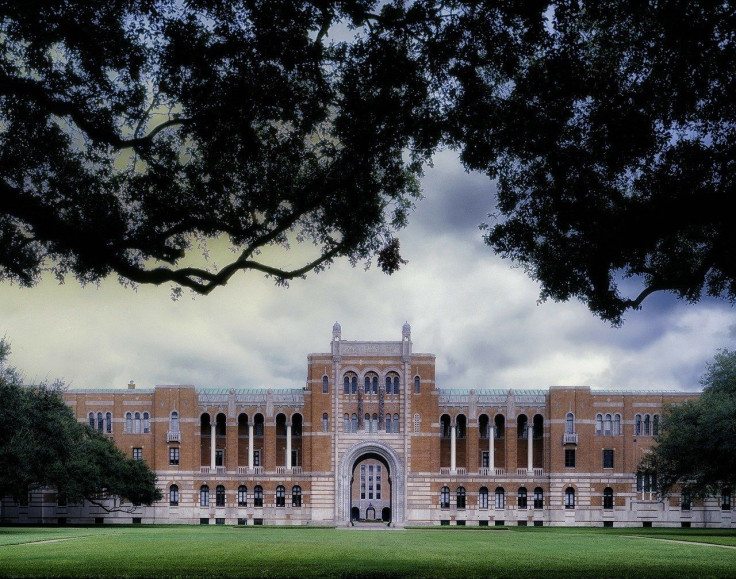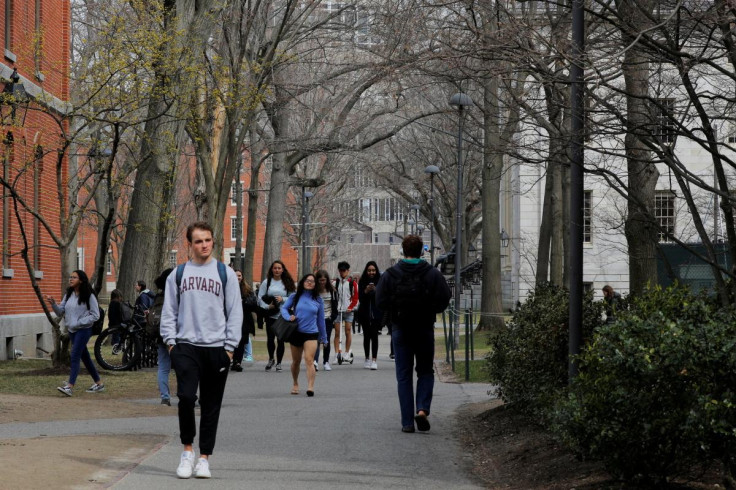A Look At Some Of The Best US Colleges

U.S. colleges and universities that take into account students' needs rank them higher on the list of the best value higher education institutions, according to The Princeton Review.
The Princeton Review, which is not affiliated with Princeton University, reported that the best value colleges and universities aligned with needs such as financial aid, career placement, internships, alumni networks, and making an impact.
A recent survey of 10,398 students for the "2022 College Hopes & Worries Survey Report" found that applicants to colleges and universities want the best out of their higher education experiences including well-rounded learning (26%), exposure to new ideas (32%), and good-paying jobs by graduation (42%).
Applicants choose their school based on overall fit (42%), career interests (36%), academic reputation (13%), and affordability (9%). Many also reported that a school's commitment to environmental sustainability would impact their decision (74%).
Over "14,100 college applicants and parents of applicants—80% told us financial aid will be 'very' or 'extremely' necessary to pay for college, and their biggest worry was 'level of debt' to pay for the degree," said Rob Franek, editor-in-chief of The Princeton Review.
Franek also noted that despite the costs associated with getting a degree, 99% of potential students believed that college would be worth it.
Two hundred and nine schools ended up on The Princeton Review's lists of best value colleges, only 7% of all colleges and universities. A little under half of the schools admit 50% or more of their applicants.
The two best value colleges in the U.S. were the University of California Berkley for best public college overall and Princeton University for best private college overall.
In terms of financial aid, the University of Virginia and Princeton University ranked at the top. For career placement, the Georgia Institute of Technology and the Massachusetts Institute of Technology (MIT) ranked the highest. The best colleges for internships were William and Mary and the Rose-Hulman Institute of Technology.
Pennsylvania State University and the University of Notre Dame ranked No. 1 for their alumni networks. Students wanting to make an impact should look at the State University of New York—College of Environmental Science and Forestry and Pitzer College in Claremont, California. However, for students with "no demonstrated need" the two top-ranked higher education institutions were the University of California Berkley and MIT.
The schools at the top of The Princeton Review's lists do not align with the top "dream schools" for parents —3,750 surveyed parents were surveyed — and students based on the recent survey. Students and parents listed Stanford University as their No. 1 dream school.
For the public schools, the average grant to students with financial aid needs was $13,076. Graduating students with jobs started out with a salary of $63,108 which went up to $109,700 on average in the middle of their careers.
For private schools, the average grant to students with financial aid needs was $49,854. Graduating students with jobs averaged a $72,680 salary which went up to $115,248 by the middle of their careers.
Franek noted that many of the schools were noted for their ability to educate students and help them on to successful careers while providing "generous amount[s] of financial aid . . . and/or for their comparatively low cost of attendance."

Students and pedestrians walk through the Yard at Harvard University in Cambridge, Massachusetts, U.S., March 10, 2020. Photo: Reuters / Brian Snyder





















